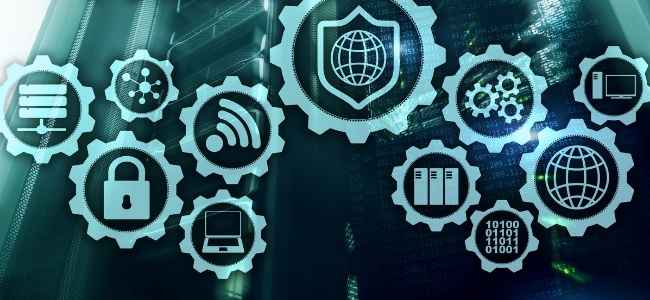While there is a good reason why schools block certain websites, it can be frustrating when you want to access them. Schools want to allow some internet access for study purposes. At the same time, they do not want students getting into places such as the Dark Web.
Some of the restrictions make little sense. For instance, you may need to access information about, say Moscow, for a history assignment. If you cannot access this info then, you will have to find alternative ways to get the information you require.
Some Restriction is Necessary
Social media sites, as well as games, may also be blocked to prevent students from accessing them during school hours. It would be quite tempting to stray from your schoolwork for some fun conversations with your friends.
However, some of these restrictions may prevent you from getting the content you need for your schoolwork. Has your school blocked websites that you are itching to get into? Would you like to learn how to bypass the web filters?
Here are a few tips to help you navigate around the web filters and gain access to blocked websites.
1. Use a VPN
A Virtual Private Network is safe, fast, and secure. You can use it to unblock sites that have been restricted on your school computers. Once you have chosen your VPN, you could select Pakistani IP address from list that is provided.
This allows you to change your IP address, hence, allowing you to access your preferred websites. A good VPN service will not only spoof your IP address but also protect your online activities. You can surf the internet without being detected.
VPNs work by using advanced encryption to shield your identity as well as your online traffic. This not only hides your activities from the school but also protects you from hackers. Also, you are better protected against malware, thus, ensuring that your school’s computers are not exposed to risk.
Note that you may not be able to load the VPN directly on your school’s computer. You could download the installer onto your USB and then load it to the computer.
VPNs are legal to use in many countries. However, a few, such as the UAE, do not allow their use. Find out the regulations governing the use of VPNs in your country before getting one. Also, check your school’s policies on their use.
2. Using HTTPS
Many schools will restrict your access to websites that use the usual HTTP internet port 80. However, port 443, which is used by, HTTPS is usually left open. All you have to do is add an ‘S’ to the HTTP part of your URL. This compels the connection you need to take place.
One demerit of using this method is that some sites do not come with a secure HTTPS connection. However, this method works very easily for sites such as YouTube.
3. Using a Proxy
A proxy is similar to a VPN. The only difference is that a VPN works with encryption while a proxy does not. The upside of a proxy is that it is faster to set up than a VPN. Unfortunately, it is a lot easier to detect and restrict.
The trick here is to take your time to search for a good proxy. For instance, you may want to opt for one that allows you to disable cookies or scripts. This makes it harder to detect and track your browser.
Many VPN service providers also offer proxies that you can use to gain access to blocked sites. A few things to consider include the following:
- Some proxies may be slow
- The may contain pop-ups that you may find annoying
- They are not the best option if you want privacy
- They do not secure your connection
One demerit of using this method is that some sites do not come with a secure HTTPS connection.
4. Using an Unblocking Website
Another straightforward method is using an unblocking website. Sites such as Anonymouse.org, Defilter.us, or NinjaCloak.com may help you unblock the websites you are interested in accessing.
How do you use them?
- Type the website you wish to visit into the space provided
- Tap or click on Browse
The service takes over and transmits your connection via its proxy server. You will be able to browse the unblocked website without your school catching on.
Conclusion
While some of the methods discussed above are quite simple to use, VPNs are, without a doubt, the best. They not only offer a secure network but also protect your online activities. They also protect your school’s computer, ensuring that no malware gets in.







